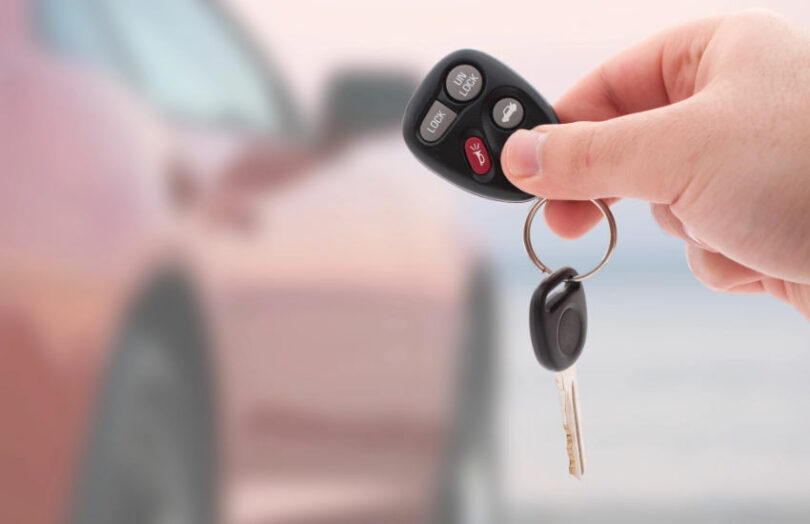Brazil’s BV Bank is involved in one of 16 pilots for Brazil’s wholesale central bank digital currency (CBDC), DREX. It recently shared details about its use case to enable delivery versus payment settlement when buying a car. BV Bank is a major provider of car financing in Brazil. When the Banco Central do Brasil explains DREX to the public, it frequently mentions this application.
For the pilot, BV Bank has partnered with Ethereum development house ConsenSys and local tokenization firm Parfin.
People find buying a car nerve wracking. If you sign over the title, what if the payment doesn’t hit your account? That said, in Brazil it’s possible to notarize the transfer change and send an instant Pix payment while someone is present. However, the title change and payment are still independent. With DREX, they can be linked. So someone could escrow the money and as soon as the title transfers, the payment is released, a typical delivery versus payment (DvP) transaction.
For now any transactions relating to DREX are purely simulations.
With BV Bank involved, they could potentially link the loan aspect. So they could release the lien relating to a car loan and take their cut of the proceeds. On the flip side, if they extend a loan to the buyer, they could provide the DREX digital cash to buy the car and create a lien over its title. These steps require integration with Detran, Brazil’s Department of Transport. Additionally, they need to liaise with B3, the capital markets regulator responsible for tokenization.
BV Bank has other applications in mind in the future. “We are working to introduce Drex as a tool for loan settlement, guarantee registration and even property transfer, delivering more benefits to customers with more security, agility and practicality,” said Renato Bonetti, Director of Risks and Operations at Banco BV.
DREX timetable
The current timetable for DREX is uncertain. It originally planned to launch at the end of the year. After the first phase of trials which ends around May or June, the central bank wants to make an assessment. The central bank’s current focus is on privacy so that users of the DLT network cannot use the network’s transparency to monitor each other’s transactions.






